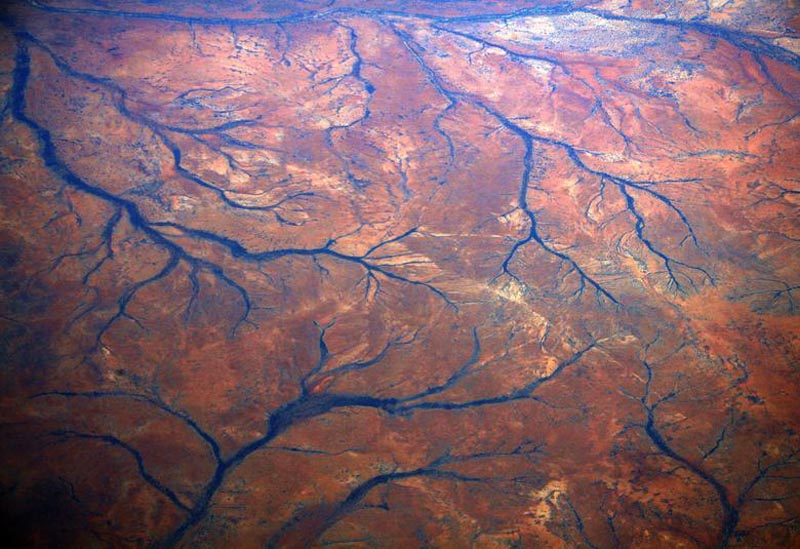Can you both feed the world and save the planet?
MILAN: Innovations in agriculture could feed a growing, hungry world without destroying the planet, a top official of the largest maker of seeds and pesticides told the Thomson Reuters Foundation on Monday.
Practices such as cultivating plants that benefit the soil during the off season and leaving land untilled could store carbon-dioxide (CO2) in the ground, said Liam Condon, head of the crop science division for German conglomerate Bayer.
Growing levels of CO2 in the atmosphere, largely produced by people, are blamed for climate change.
Also key is planting seeds that have a higher yield, which could ease pressures over land use and reduce deforestation, he said.
These activities could offset the climate-changing emissions produced by modern agriculture, ultimately leading to a farming system that is carbon neutral, he said.
Bayer, which took over seed maker Monsanto in a $63 billion deal last year, is now working with partners on a strategy to reduce carbon emissions, he said.
"Within this year, we want to come out with concrete goals and suggestions about how we would get there, what it would take and how we can measure progress," Condon said on the sidelines of a food industry conference in the Italian city of Milan.
"I'm totally convinced (carbon-neutral farming) is feasible, but it will require a massive effort… and no single company or institution or government will be able to do this alone," he added.
Agriculture, forestry and other uses of land management account for nearly a quarter of the greenhouse gas emissions that are heating up the planet, according to the United Nations' Food and Agriculture Organization (FAO).
Furthermore, industrial farming and fishing are major drivers threatening the extinction of an "unprecedented" number of Earth's plant, insect and animal species, warned a landmark report published on Monday.
Bayer’s plan "is a really ambitious idea and certainly one that I think we should all be aspiring to", said David Spielman, a senior research fellow at the Washington, DC-based International Food Policy Research Institute (IFPRI).
However, to make agriculture truly carbon neutral requires a broad range of actions from numerous actors, and also working with different types of crops, he said by phone.
"There's a lot of public research and development that needs to go into that… we have to think, 'Are the right investments being made for all of the crops that matter to farmers and consumers?'"
Working with countries, farmers, consumers are critical "to reduce greenhouse gas emissions and the environmental footprint of agriculture more generally,"
"Some of that's going to come from the likes of Bayer, but a lot of it requires public investment, and it requires other types of companies and other types of solutions," Spielman added.
Figures from the UN showed the world is both hungrier and heavier than it was five years ago, raising fears about agriculture's ability to provide both the right quantity and quality of food amid environmental and population pressures.
"Climate change is one of the biggest challenges, not only for the world but also specifically for agriculture," said Condon, with higher temperatures and erratic rainfalls reducing harvests.
"If the harvests are lower, theoretically, you would need more land… which is the last thing you want from the biodiversity point of view," he said.
Sustainable innovation is key to reversing biodiversity loss and ensuring agriculture is planet-friendly, according to Condon, adding that "a highly productive seed" would produce more on a given piece of land.
"We've got to be able to produce food on as little land with as few inputs as possible… The less land we're using, the more we can free up for natural habitats," he added.






